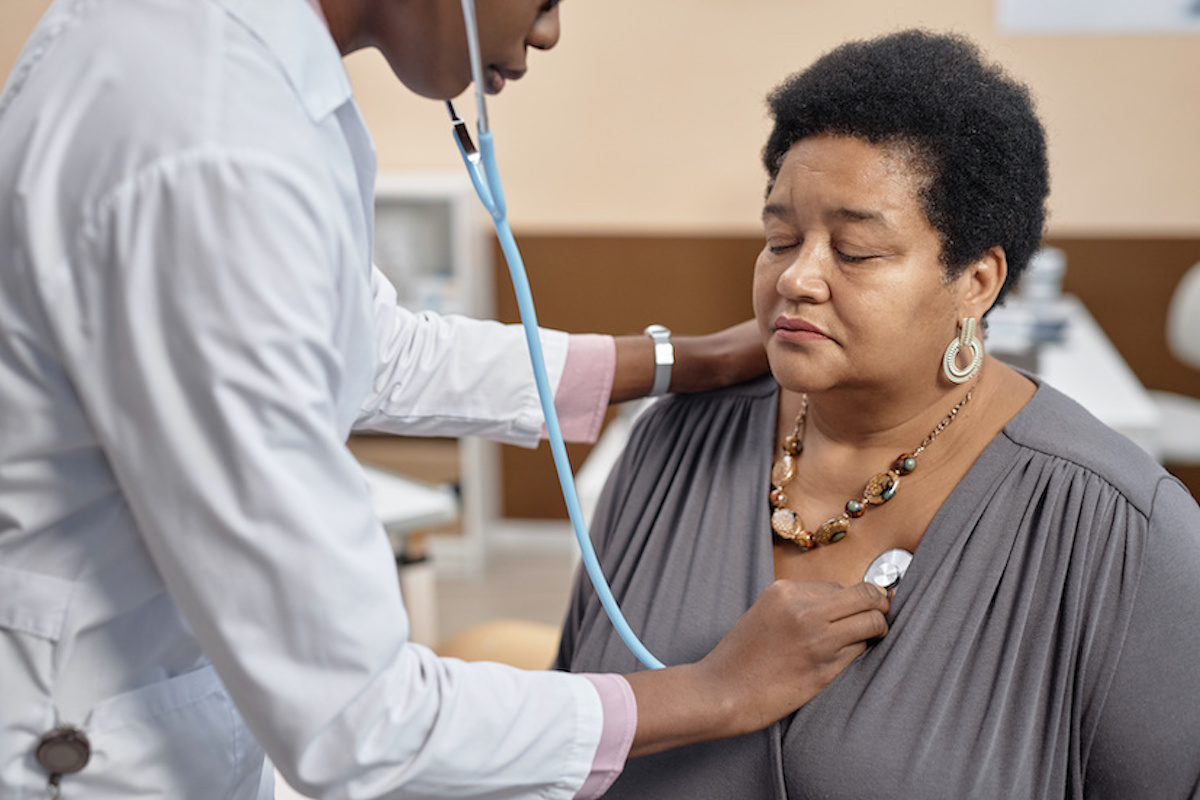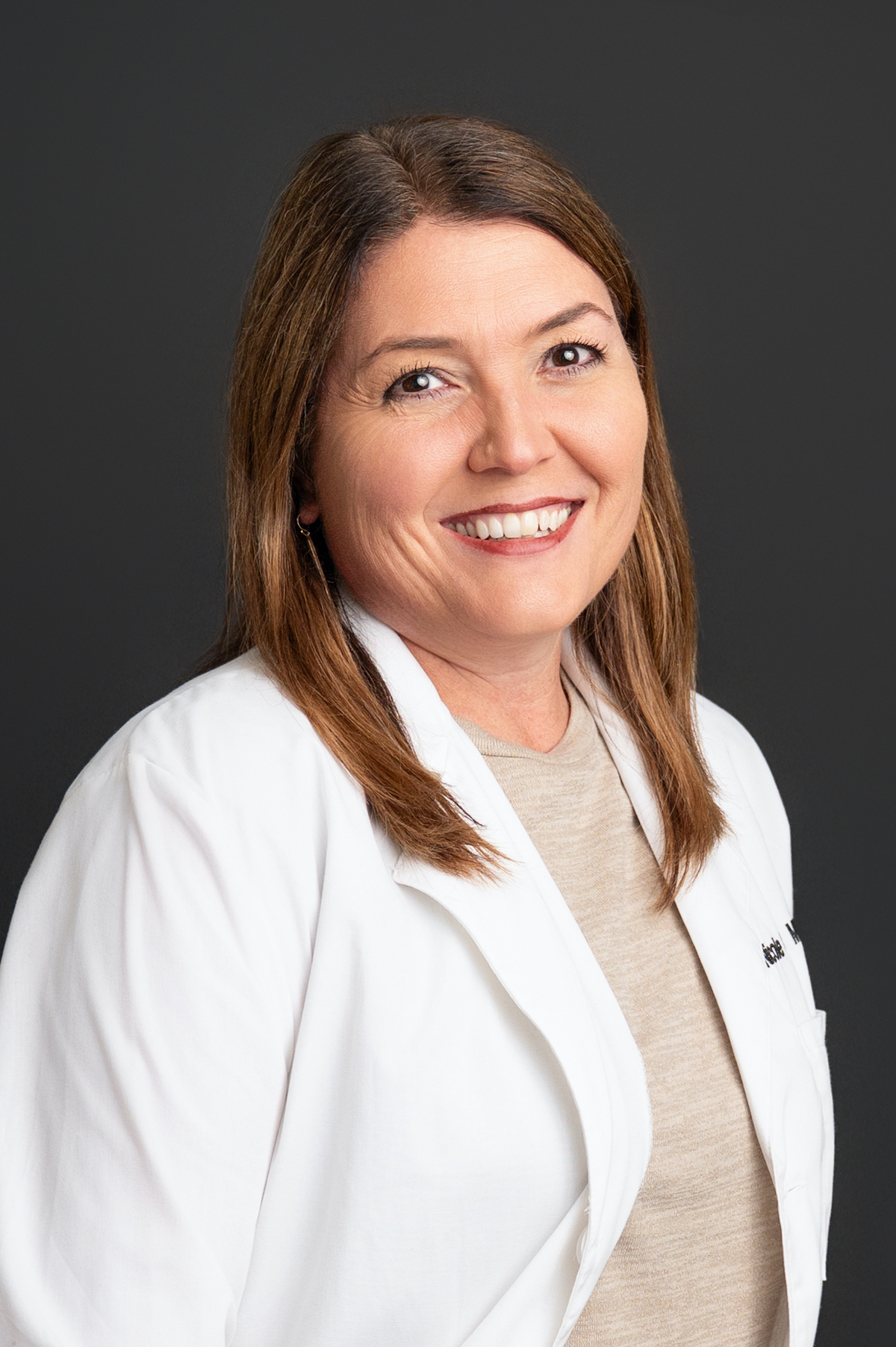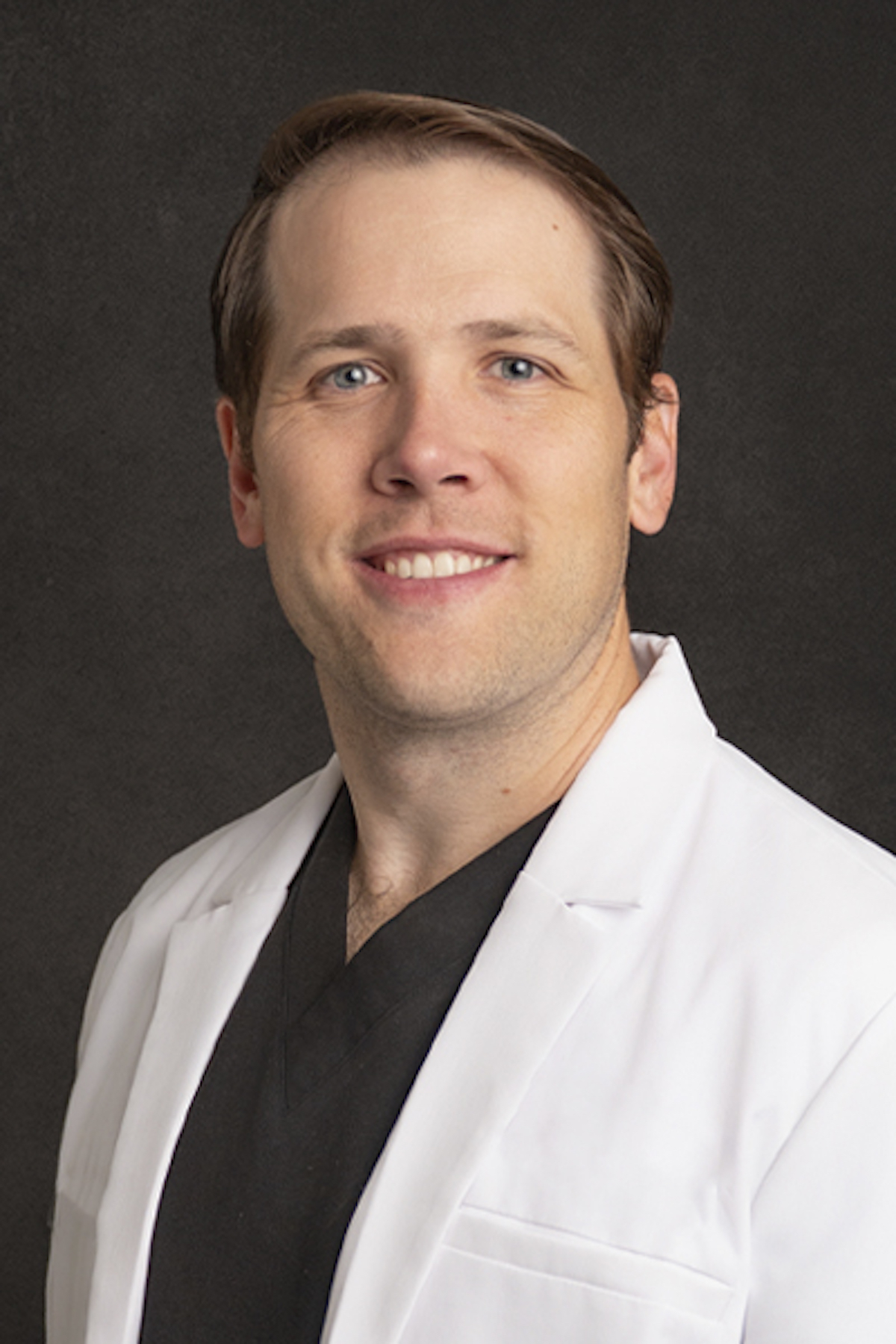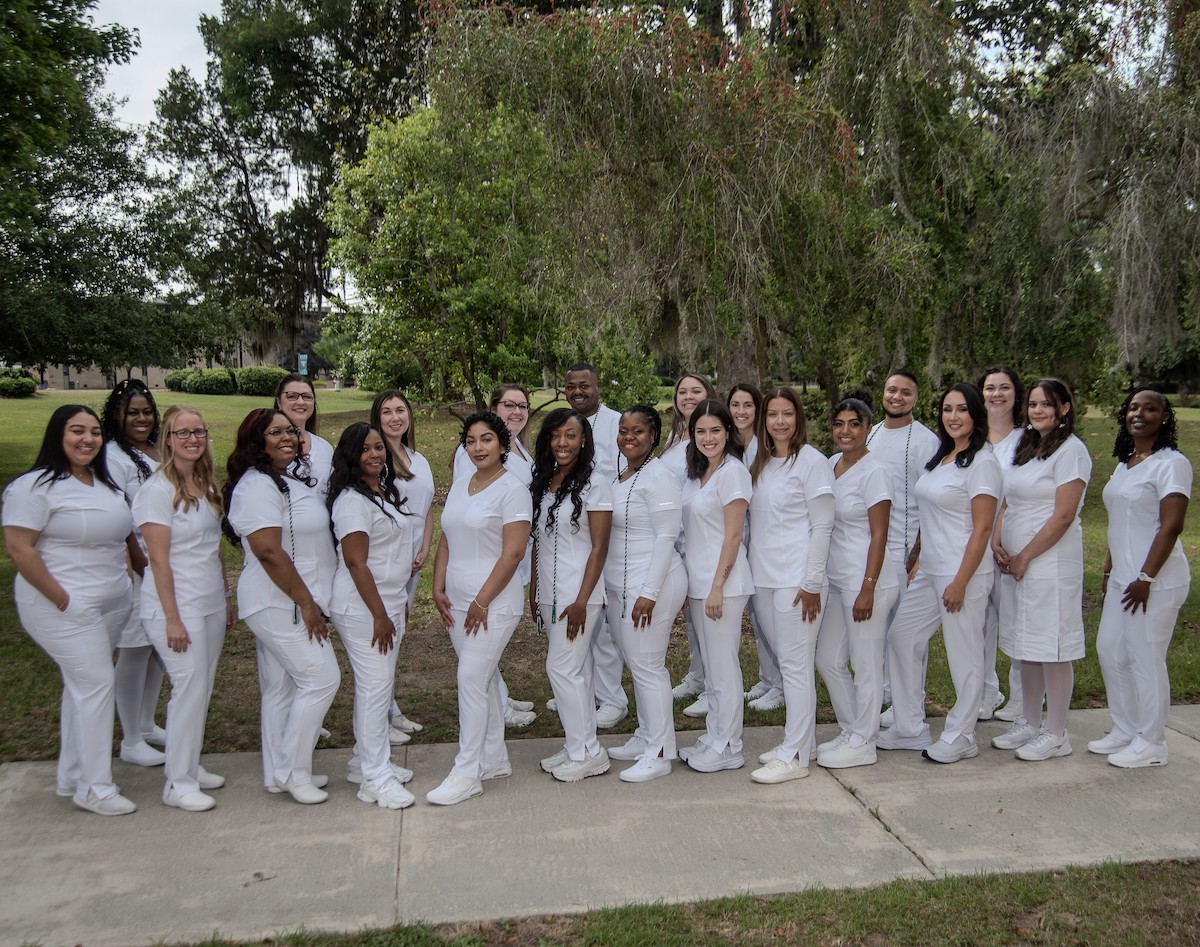entists may get similar medical training, they can have their own opinions and thoughts about how to practice medicine. They can have different ideas about how to diagnose and treat conditions or diseases. Some doctors/ dentists take a more conservative, or traditional, approach to treating their patients. Other doctors are more aggressive and use the newest tests and therapies. It seems like we learn about new advances in medicine almost every day.
Many doctors specialize in one area of medicine, such as cardiology or obstetrics or psychiatry. Not every doctor can be skilled in using all the latest technology. Getting a second opinion from a different doctor might give you a fresh perspective and new information. It could provide you with new options for treating your condition. Then you can make more informed choices. If you get similar opinions from two doctors, you can also talk with a third doctor.
Tips: What To Do
Ask your doctor for a recommendation. Ask for the name of another doctor or specialist, so you can get a second opinion. Don’t worry about hurting your doctor’s feelings. Most doctors welcome a second opinion, especially when surgery or long-term treatment is involved.
Ask someone you trust for a recommendation. If you don’t feel comfortable asking your doctor for a referral, then call another doctor you trust. You can also call university teaching hospitals and medical societies in your area for the names of doctors. Some of this information is also available on the Internet.
Check with your health insurance provider. Call your insurance company before you get a second opinion. Ask if they will pay for this office visit. Many health insurance providers do. Ask if there are any special procedures you or your primary care doctor needs to follow.
Ask to have medical records sent to the second doctor. Ask your primary care doctor to send your medical records to the new doctor. You need to give written permission to your current doctor to send any records or test results to a new doctor. You can also ask for a copy of your own medical records for your files. Your new doctor can then examine these records before your office visit.
Learn as much as you can. Ask your doctor for information you can read. Go to a local library. Search the Internet. Find a teaching hospital or university that has medical libraries open to the public. The information you find can be hard to understand, or just confusing. Make a list of your questions, and bring it with you when you see your new doctor.
Do not rely on the Internet or a telephone conversation. When you get a second opinion, you need to be seen by a doctor. That doctor will perform a physical examination and perhaps other tests. The doctor will also thoroughly review your medical records, ask you questions, and address your concerns.
Source: womenshealth.gov
U.S. Department of Health and Human Services, Office on Women’s Health
National Women’s Health Information Center
Exclusive content from CARE Magazine










